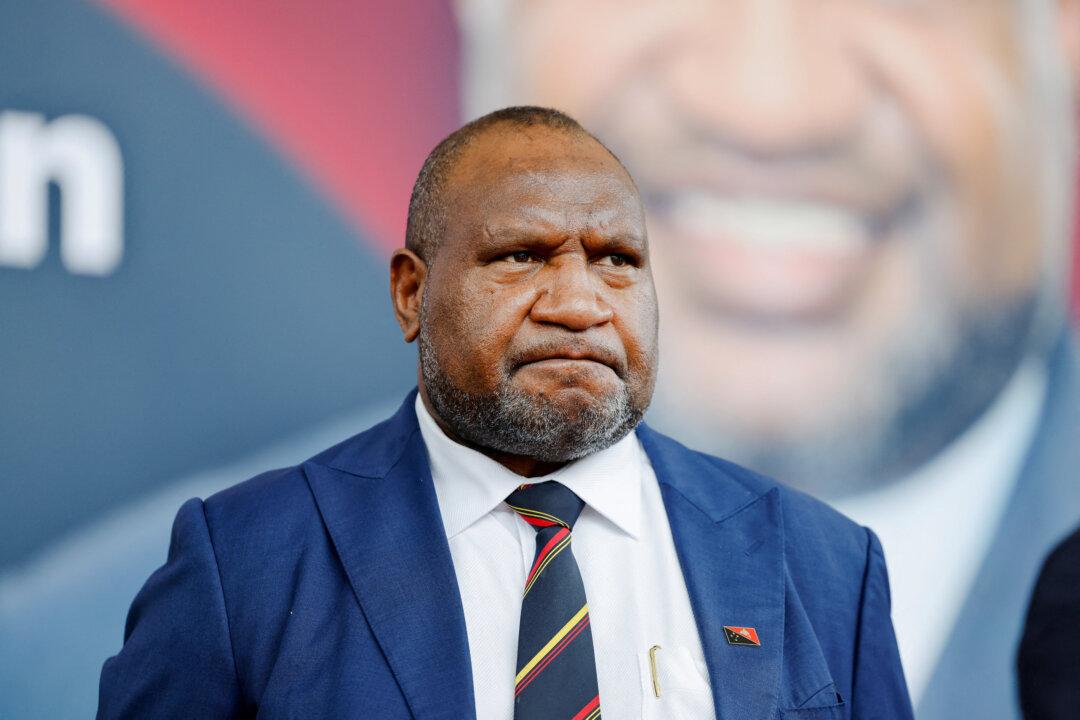Papua New Guinea (PNG) won’t follow the lead of Tuvalu, which yesterday secured an agreement with Australia to take up to 280 immigrants from the tiny Pacific island each year as sea levels rise. Instead, its prime minister has called on Pacific nations to take direct action to combat its effects.
Speaking at the Pacific Islands Forum leaders meeting in Nuku’alofa, Tonga, James Marape told member countries that PNG did not want to talk about climate migration.





